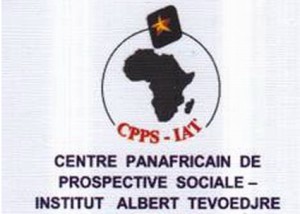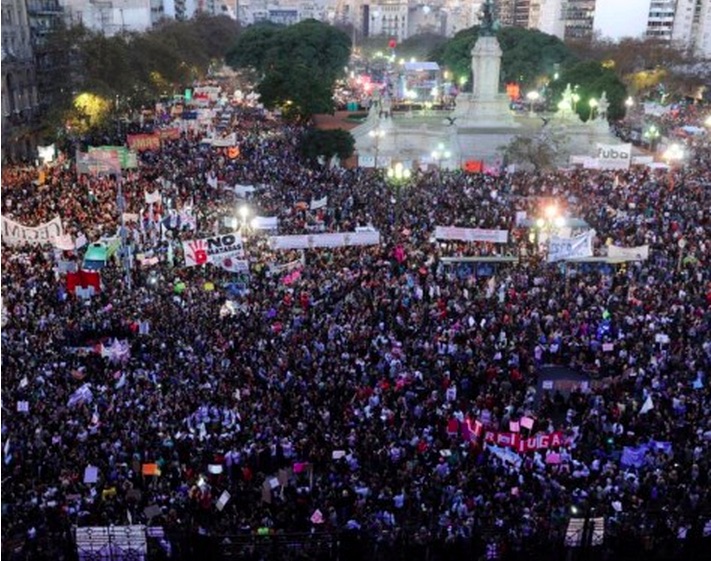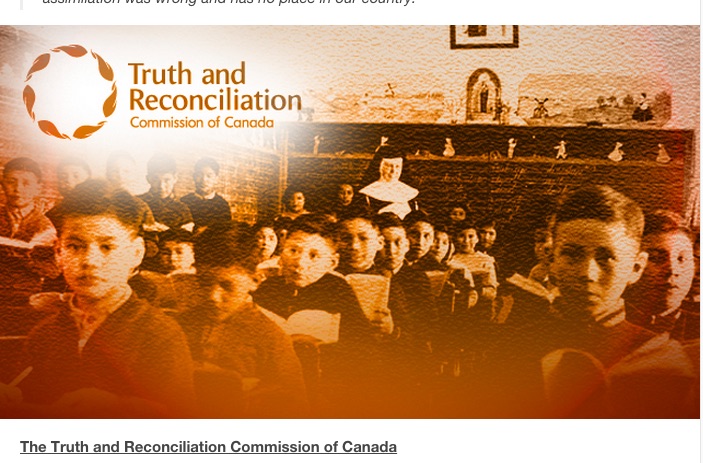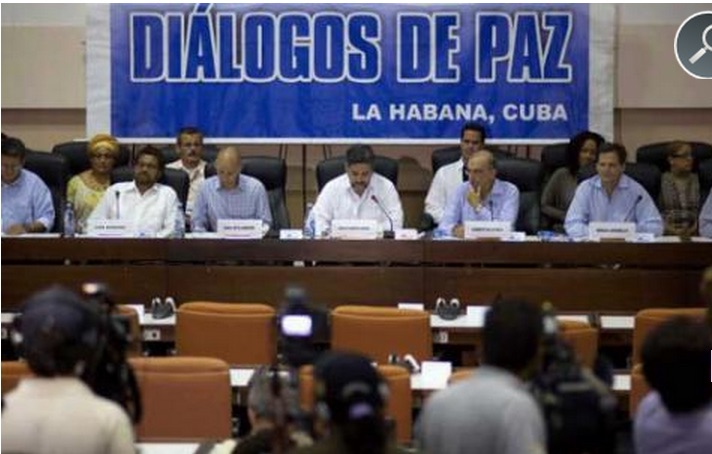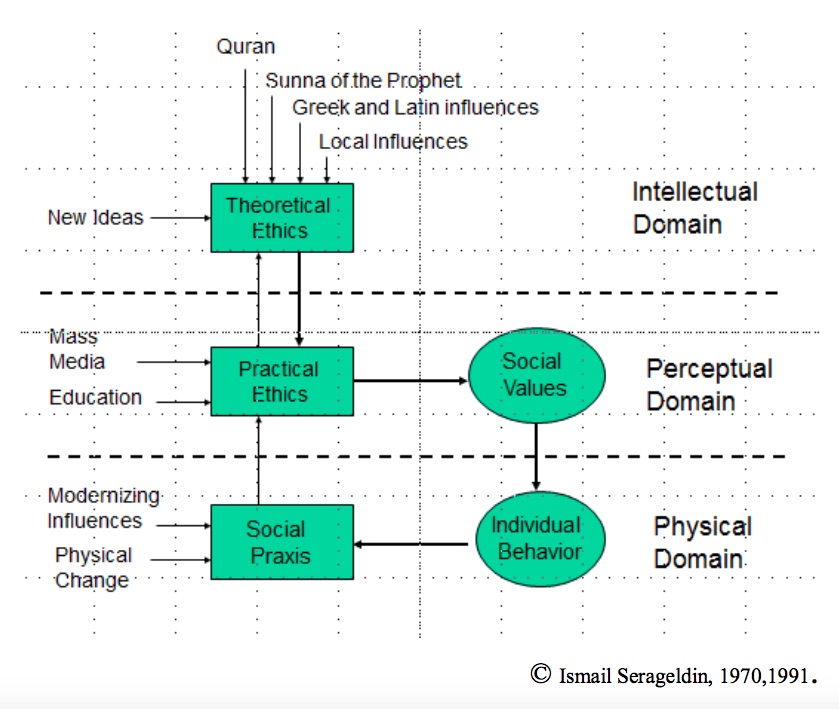. CONFRONTING TERRORISM WITHOUT VIOLENCE .
The commercial mass media, always eager for headlines of violence, is having a good time telling us about all the atrocities committed by Boko Haram and the Islamic State, which have inherited their mantles from Al Queda. They give us the impression that we have found the new enemy and we have no choice but to go to war. They don’t give much priority to non-military approaches to counter the terrorism. However, such approaches do exist, as we see this month in the articles of CPNN.
Let us begin with the comprehensive strategy for “A Cultural Program to Reject Extremism and Violence” by Ismail Serageldin. It is not an abstract academic proposal but is based on the extensive experience of the organization he heads, the Bibliotheca Alexandrina in Egypt. He provides us with “seeds of hope” for a Cultural Transformation in the Arab World as an alternative to the fanaticism and “barbaric terrorism being displayed by the forces of the so-called “Islamic State” in Iraq and Syria.
According to the Elders, “There is no other option but to use the military option, but at the same time it is always important to understand that military operations can never succeed in dealing with these kinds of forces unless and until a good social and political strategy is implemented in the areas where these forces are not active” If force must be used it must be “after a political and social agenda has been constructed on what to do thereafter.”
While calling for nonviolent approaches, the Elders are clear that past military interventions have been a major cause for the increased terrorism we see in recent years. According to Elder Mary Robinson, “I think a lot of the problems stem from an unjustified and incredibly damaging war in Iraq. It humiliated, the “shock and awe”, the whole sense of it, and then, I think, it broke a trust somehow which is going to be very hard to rebuild.”
Serageldin is very clear that as a major cause of the rise of the terrorist Islamic State, “the American invasion of Iraq in 2003 and the subsequent mismanagement of the tense ethnic and religious cleavages in that society dealt a traumatic blow to the self-confidence of Muslims, who viewed the direct invasion by America and its allies of both Iraq and Afghanistan, as a direct humiliation of Muslims by the West. Furthermore, the systematic murder of civilians by the use of drones in Pakistan, Afghanistan, Yemen and elsewhere; all served to inflame sentiments of victimization that fed the Muslim majorities’ emotional despair.”
According to the peacebuilding specialist John Paul Lederach, what is needed is a policy of nonviolent engagement with the people in the groups that have been labeled as terrorists, rather than a policy of isolation. For example, we should be engaged with the women of Syria, at the heart of the region that is being terrorized, who are courageously promoting a culture of peace by stopping child marriage, uniting refugees and host communities, policing the streets, listening to marginalized groups, reopening schools, helping families survive, reforming corrupt courts, vaccinating children, disarming youth and mobilizing a movement for peace. A good example of engagement is the work of the Nonviolent Peaceforce, as described in their “Urgent Update from South Sudan.”
The Foreign Minister of Sierra Leone provides a voice of wisdom in her address to the Organization of the Islamic Conference. Faced with an “an increasing wave of terrorist insurgencies and unrests across the globe”, “we must endeavour to undertake initiatives ranging from humanitarian activities to mediation with a view to nurturing and promoting the culture of peace and tolerance among peoples.”
And in Benin, the conference for a “general mobilization against the danger of Boko Haram” concluded that ““Military force will not be enough to annihilate the jihadist movement.” Instead what is needed is “trust between followers of different religions to build together a better society with development and peace and to mobilize the enthusiasm around concrete tasks whose priority is recognized by all.”
